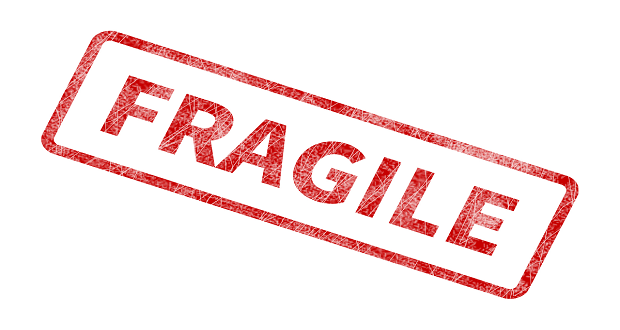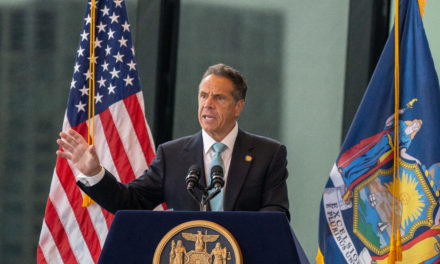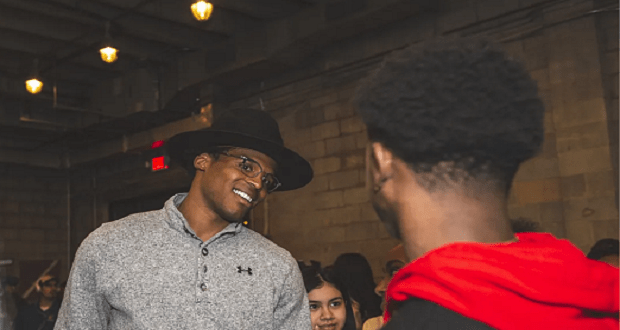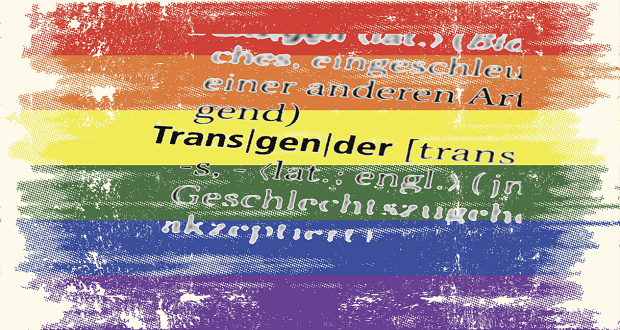
It’s 2019, and we at The Winters Group are ready to start asking new questions and dig deeper in to old problems to find new, more inclusive, more sustainable, and more transformative answers. We are asking: What is needed next? What stories have yet to be told? What do we need to be empowered to hear them? How can we build common ground without sacrificing the moral ground of inclusion? What might be getting in our way?
At the end of 2018, Mary-Frances Winters shared a powerful reflection on her 30-plus year journey as an advocate for diversity, inclusion, and equity. She left us with two questions: Why haven’t we seen more progress? And, are you willing to join us on this journey, despite that at times, our goals seem elusive and the road seems full of disappointment?
If you’re here, you’re still on the road with us, and so, to begin this new year, we wanted to give you a road map of how we are continuing our journey at The Winters Group. For this series, we went back to Mary-Frances’ first question – why haven’t we seen more progress? – and we decided to break down one of the roadblocks we’ve observed, in an attempt to lessen its impact on our capacity to foster equity and inclusion. We’re facing “fragility”.
This idea of “facing fragility” was sparked last year in our TWG book club discussions on Robin DiAngelo’s White Fragility: Why It’s So Hard for White People to Talk about Racism. The term “white fragility” — defined by Robin DiAngelo as a state in which even a minimum amount of racial stress becomes intolerable to white people, triggering a range of defensive moves – gave us language for one of the barriers we experience in doing this work, specifically when attempting to have Bold, Inclusive Conversations® around race. It gave us language for at least part of the answer to “Why haven’t we seen more progress?”: because there are many of us who have been insulated from the impact of inequity, and when faced with it, our discomfort keeps us from engaging with it authentically.
Our conversations affirmed the need for a developmental approach to DEI work while also challenging us to consider if perhaps we aren’t pushing hard enough because we are catering to this sense of fragility, or assuming fragility, rather than asking people to wade into it and work through it.
So, in this series we will discuss fragility in three contexts. First, we will take a deeper dive into white fragility. Second, we will discuss gender, the gender binary, and the fragility experienced when moving beyond the binary. And lastly, we will consider what assumptions of fragility have been made cross-generationally and the necessity of balancing long-held beliefs and wisdom with new information and new perspectives. In each of these contexts, you will hear from two perspectives – one whose experience is often marginalized or minimized due to the fragility of the dominant group or based on an assumption of fragility by the dominant group, and one whose dominant identity insulates them from the stress of marginalization.
Fragility, or the assumption of fragility, is a powerful vehicle for denial and minimization. It allows us, even encourages us, to deny people’s experiences, distrust people’s truths, and disregard people’s humanity to protect our own. But perhaps it is those very experiences that we are denying and those truths that we are distrusting that shine a light on the path forward.
But perhaps it is those very experiences that we are denying and those truths that we are distrusting that shine a light on the path forward. Click To TweetWe hope you will join us as we continue our journey, shining a light on new paths, and facing the fears and fragility that have kept us on the old paths for too long. We look forward to creating space for people to dive into discomfort and embrace new truths and new answers.
We look forward to creating space for people to dive into discomfort and embrace new truths and new answers. Click To Tweet


















Am glad to learn about your Facing Fragility series and look forward to learning and reflecting more. I have just started reading Robin DiAngelo’s book — I find the way she describes issues of white fragility and DEI — the language she uses very helpful to understand. And I am looking forward to finishing it as part of my own exploration. Best to you all.